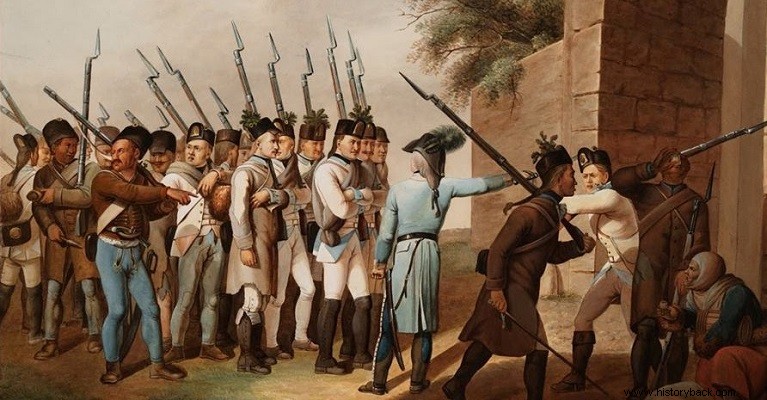
In 1792 the leadership of revolutionary France decided to "export" the revolution to Europe. The French declared war on almost all of Europe and eventually invaded Germany as well. In June 1796 a French army of 24,000 men under General Jean-Baptiste Clebert moved into the Westerwald (the Western Forest), an area on the west bank of the Rhine in the present-day state of Rhineland-Palatinate.
Clebert's force encamped in a naturally fortified location which he further strengthened with campaign works. However, on June 4, Kleber left the camp and advanced against the Austrians, whom he repulsed in the battle of Altenkirchen. But on June 15 they were defeated at Wetzlar by the Austrians commanded by Archduke Charles of Habsburg , Austria's best general in that period. After the defeat, Kleber retreated back to his fortified camp, planning to then retreat to Dusseldorf.
On June 19, however, an Austrian force of 14,000 men, under the distinguished general Paul Kray, attacked the French camp. The Austrians repelled and retreated to the area of the village of Kircheib which they fortified. Kray wisely developed his powers turning the village into a strong stronghold, supported by his artillery. Krai had lined up his cannons on either side of the village, but also on a hill behind the village from where his cannons could perform overhead fire on the enemies.
Kleber, arriving in front of the Austrian location, decided to attack immediately. So he threw his infantry into the attack against the village and the first Austrian line which was covered by only four infantry battalions. Kleber did not reconnoitre the field before throwing his men into battle and even worse he had not spotted the Austrian guns on the hill behind the village.
Nevertheless, relying on the "revolutionary zeal" of his men he threw them into the attack resulting in the first divisions being mowed down, literally, losing 1,500 soldiers in a matter of minutes and the rest to panic as the rumor spread that the Austrians against them numbered over 44,000 men. Cray immediately reinforced his fighting units with all of his available forces resulting in misleading the enemy.
The French retreated badly having inflicted only 400 casualties on their far fewer opponents. Unfortunately the Austrian command reacted lethargically to the victory and did not reinforce Cray so that he could pursue and crush the retreating French who eventually retreated to Dusseldorf. It was another missed opportunity for the Austrians to change the course of the war and why not history.
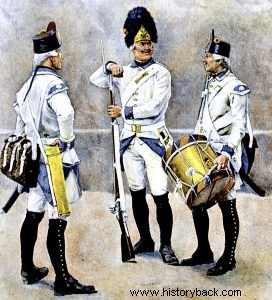
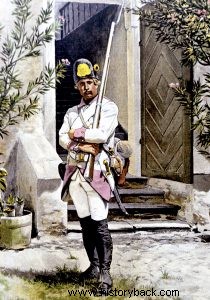
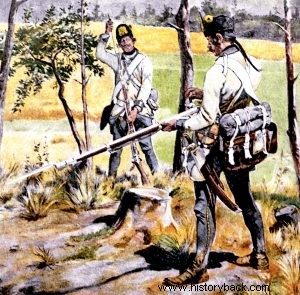
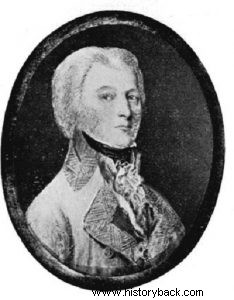
The Austrian general Paul Krai.
